Introduction
Chicken keepers face the challenge of guaranteeing their feathered companions stay warm and comfortable in the colder months as winter comes. Winterizing a chicken coop becomes crucial to safeguard your flock from the harsh environment and keep up with their general prosperity. This article will explain the fundamental tips to winterize your chicken coop, with a unique focus on the role of automatic chicken coop door in establishing a comfortable and secure environment for your poultry. We will also explain the strategies to protect your chicken in winter and make managing your coop more effective and convenient using automatic doors.
Tips to Winterize Your Chicken Coop with Automatic Doors
Winterizing your chicken coop with automatic doors is a comprehensive way to ensure the prosperity of your feathered friends during the colder months. By combining proper insulation, ventilation, and the comfort of automated coop access, you establish a comfortable and secure climate that advances the well-being and happiness of your group. As winter approaches, implementing the following tips will safeguard your chickens from the chill environment. Follow the below tips to protect your flock using an auto chicken coop door:
1. Insulation Matters
One of the essential aspects of winterizing your chicken coop is appropriate insulation. Insulating the coop retains heat, saving the inside warmer for your chickens. You should consider using materials like straw, hay, or wood shavings on the coop floor for extra protection. To prevent drafts, seal any coop structure cracks or gaps. Thus, well-insulated walls and a strong roof are essential in keeping a comfortable temperature inside the coop.
2. Ventilation for Fresh Air
While insulation is critical for warmth, sufficient ventilation is equally significant. Proper airflow prevents moisture buildup, which can lead to respiratory issues in chickens. Ventilation also controls the temperature inside the coop, keeping it from being excessively humid. Therefore, you should install vents with flexible covers to manage airflows according to weather conditions. Nonetheless, be careful not to make drafts that could make the coop unreasonably cold. Finding the proper balance between protection and ventilation is critical to a healthy coop climate.
3. Consider Warmed Water Sources
In cold temperatures, furnishing your chickens with access to liquid water becomes challenging. Get a heated water dispenser, or use a heated water base to stop water from freezing. Hydration is pivotal for your chickens' prosperity, and ensuring access to water even in chilly climates is fundamental. Check water sources consistently to ensure they stay unfrozen, and consider having a backup system set up if there are power outages.
4. Automatic Feeders for Efficiency
Dealing with your chickens' nourishment during winter is indispensable for their well-being and egg production. Automatic feeders can be a significant resource, ensuring your chickens have a consistent food supply without exposing them to the virus. These feeders are designed to dispense food at scheduled times, minimizing the frequency of coop visits in a freezing climate. Therefore, you should pick a feeder that is durable, simple to clean, and reasonable for the size of your flock.
5. Use Natural Sunlight
Position your coop so that it gets as much sunlight as possible during the winter to get the most out of the natural sunlight. Daylight gives warmth and helps sanitize the coop by killing harmful bacteria. Maintain regular window cleaning to allow sunlight to enter the coop. Therefore, consider utilizing reflective surfaces to amplify natural light and establish a seriously welcoming climate for your chickens.
6. Automated Doors for Convenience and Safety
One of the key features in modern chicken coop management is the utilization of automatic chicken coop doors. These doors provide ease for chicken keepers, which allows scheduled opening and closing times without manual intervention. During winter, auto chicken coop doors become especially significant, reducing time spent in chilly environments and minimizing heat loss. Moreover, automatic doors improve the security of the coop by preventing predators from acquiring easy access during the night.
7. Timed Operation for Routine
Set a predictable timetable for the automatic doors to open and close. This routine assists your chickens in establishing a routine and urges them to return to the coop at night. The planned activity also permits you to adjust coop access with sunshine hours to ensure your chickens are securely concealed before sunset. Therefore, consistent indoor activities add to your overall prosperity and reduce the stress of your flock.
8. Invest in a Reliable System
While picking an automatic chicken coop door, you should invest in a solid and durable product. Look for features like a battery backup in case of power outages, flexible opening and closing times, and sensors that can detect obstructions. Thus, a well-designed and powerful system will increase your winterized coop's proficiency and give you peace of mind in dealing with your flock.
9. Regular Maintenance
To maintain the functionality of automatic doors, you should perform regular maintenance checks. Clean the door system, eliminate trash or deterrents, and investigate the sensors for appropriate activity. Lubricate moving parts as the manufacturer prescribes to prevent freezing in chilly climates. Thus, routine maintenance expands the lifespan of the automatic chicken door and minimizes the risk of malfunctions during winter.
10. Monitor Your Flock
No matter what winterization methodologies are utilized, monitoring your flock regularly is pivotal. Notice their behavior, check for signs of stress or illness, and adjust your winterization plan, depending on the situation. Each flock is remarkable, and understanding the particular requirements of your chickens will add to their overall well-being and happiness during the colder months.
Final Verdict
In short, the winterization of your chicken coop, combined with the integration of an automatic door, is a robust strategy that addresses the challenges of chilly climate and the convenience of poultry management. By following the tips illustrated in this guide, you can establish a comfortable and secure environment for your feathered companions, ensuring their prosperity all through the winter months.



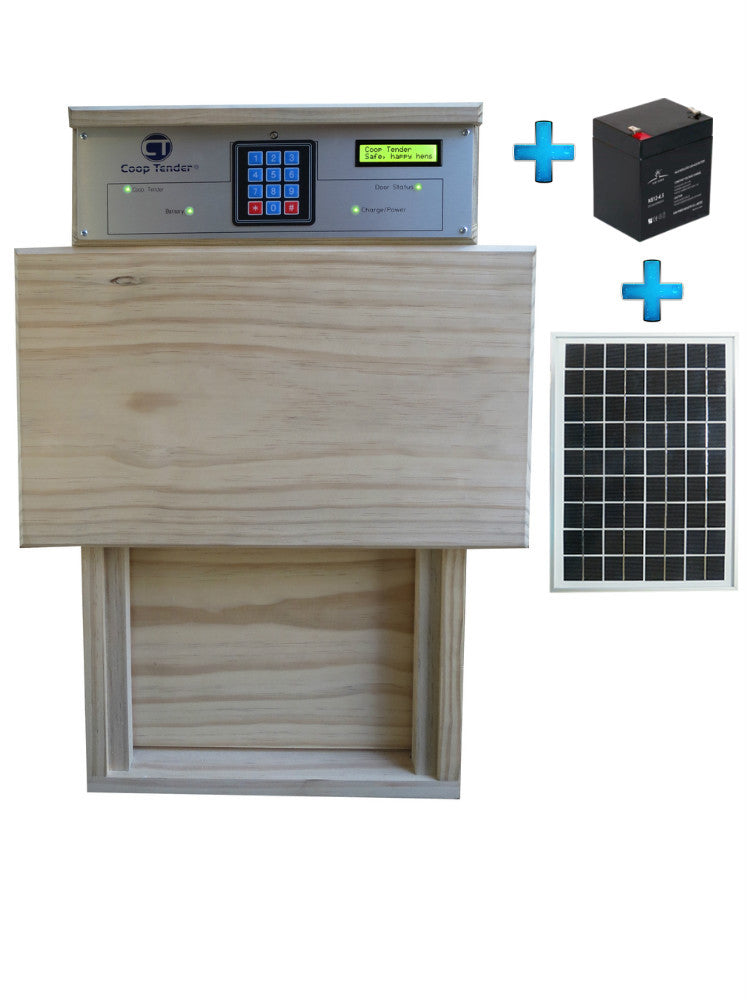
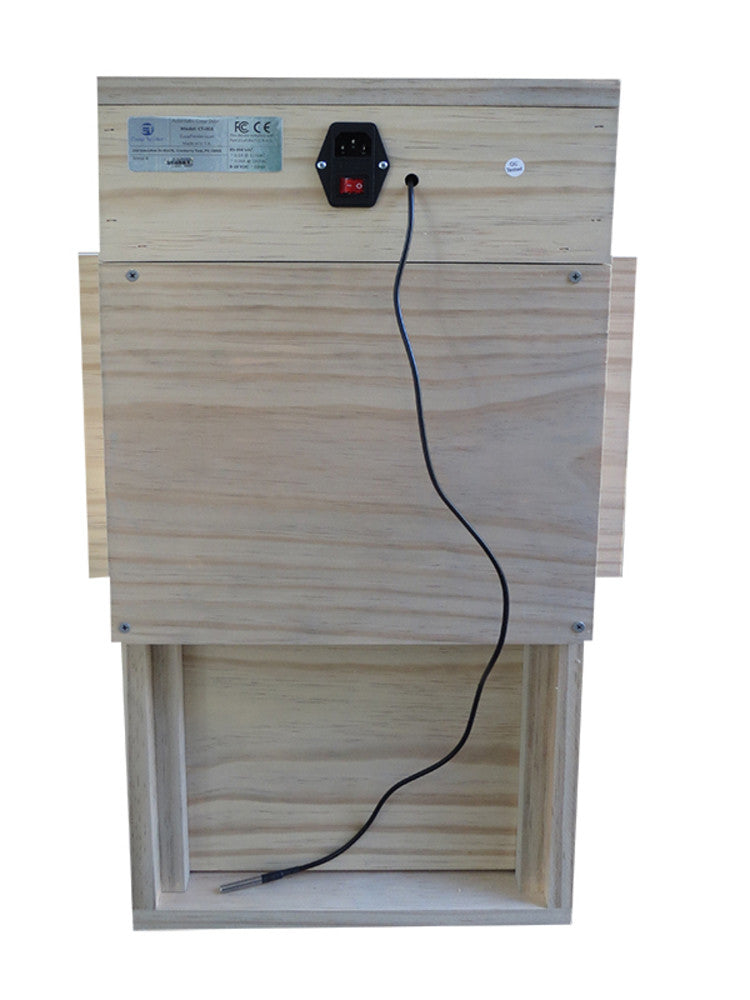
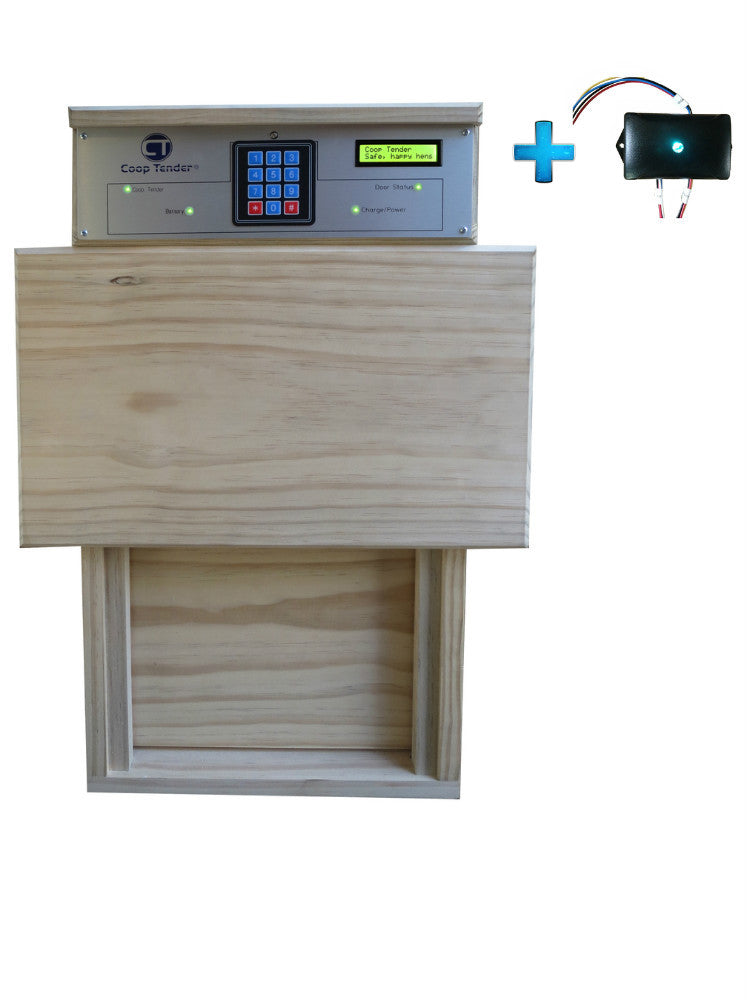
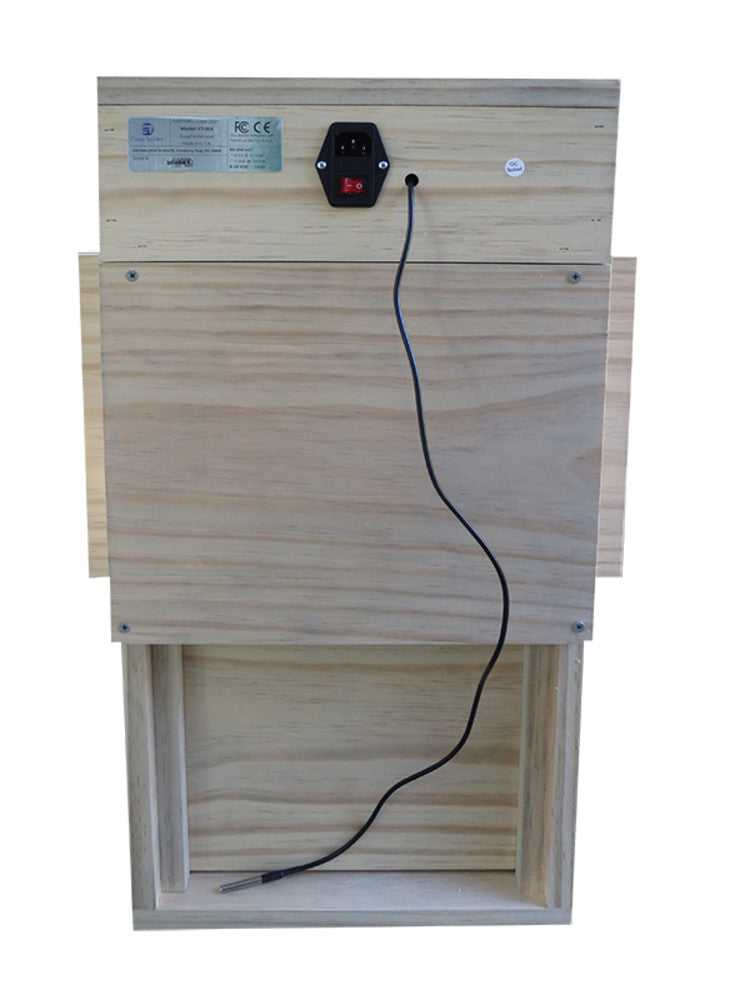
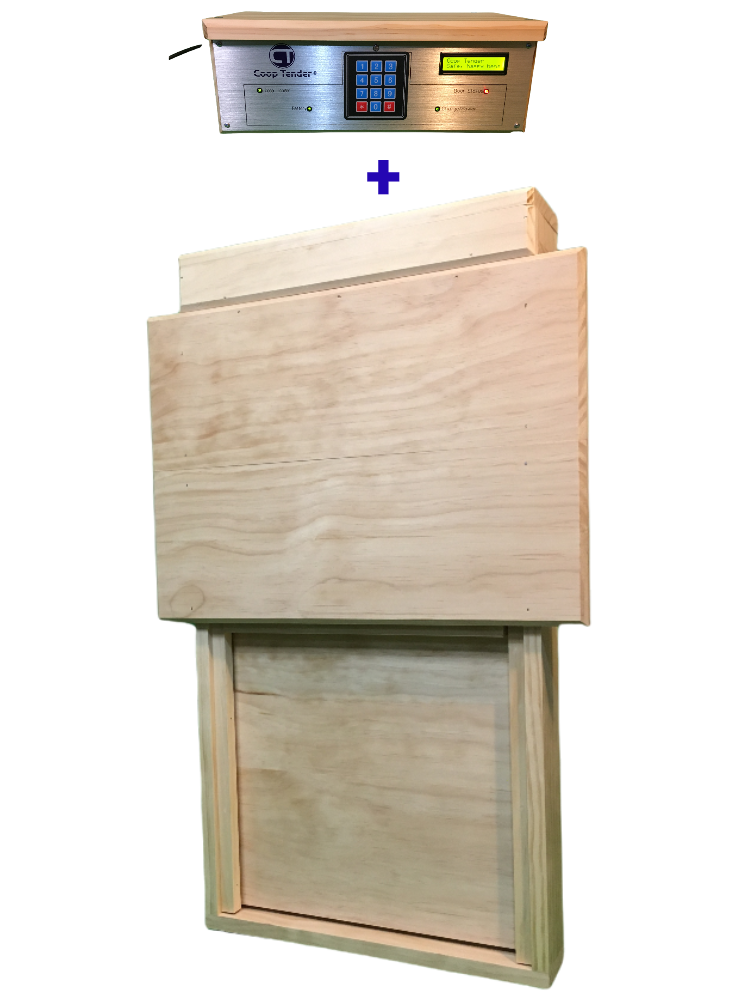
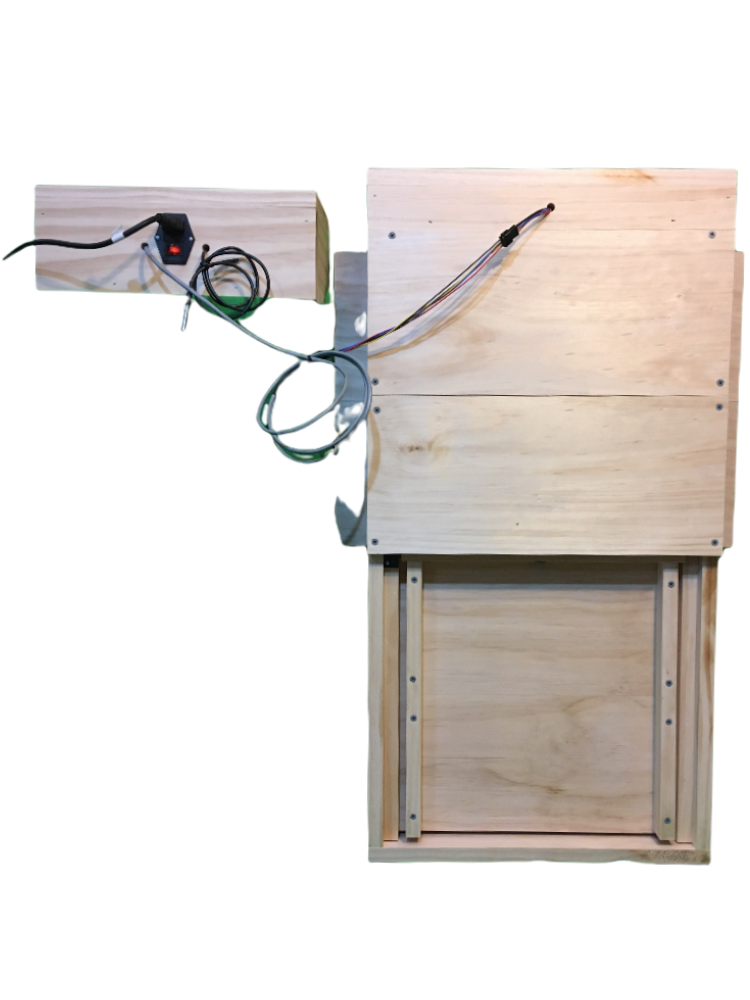

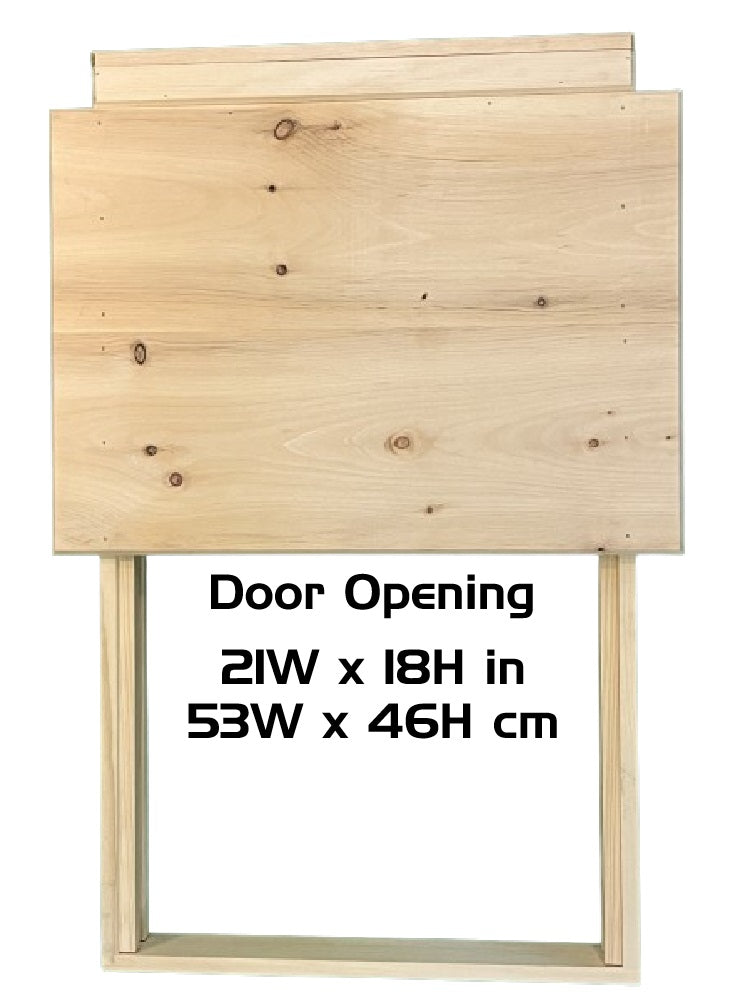
Hinterlassen Sie einen Kommentar